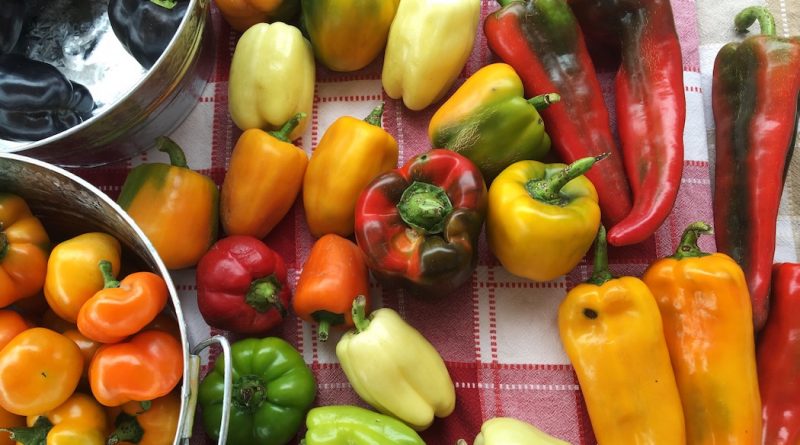Dayton Food Co-op To Open To Combat Food Desert
Colleen Avery
Contributing Writer
Dayton is one of the largest food deserts in the country; grocery stores continue to close, so fresh, affordable food is not easy to find. A solution coming to Dayton in 2019 called Gem City Market will help to ameliorate this issue.
Gem City Market is a food cooperative, which means it is a community and worker-owned market. Everyone will have a say in the decisions regarding the production and distribution of its food.
“Instead of executives off in a far-away place making decisions based on numbers on a page, consequential decisions are made in part by the participation of community-owners voting at our Annual Members’ Meeting,” said Rachel Dominguez-Benner, an AmeriCorps volunteer whose role is to help Co-op Dayton, Gem City’s sponsor, with systems for the market.
The market will be located near downtown Dayton, along lower Salem Avenue. According to the Gem City Market website, a study has determined this area is the perfect spot for the market. It is a low food-access area that also has a high population density and market potential necessary for a sustainable business.
Gem City Market is not going to be much different from a regular grocery store in terms of the type of products it sells. Its goal is to provide products that will allow customers to have a balanced diet at an affordable price.
The market will sell 70 percent conventional products and 30 percent organic and specialty goods. Items such as fresh produce and meat will be priced so that it is more affordable for people who cannot spend much on food. Popular brand name items will be sold in the store, but they will be regularly priced.
Along with helping combat the city’s food crisis, the grocery store will provide jobs for the community. Many companies have been closing or leaving Dayton recently, so having a large store come to the city will allow for more work opportunities.
Not only will Gem City Market help the people of Dayton, but it will also support local businesses. The plan is to have 15 to 20 percent of all the goods sold come from the Dayton area.
“The product mix is in development and will be aided greatly with the hiring of the startup General Manager,” Dominguez-Benner said.
Food grown locally has a multitude of benefits. As found on Well.org, it aids the local economy and creates opportunities for those in the community. Buying locally also promotes health through fresh foods, reduces CO2 emissions that are made when shipping foods long distances and furthers connections within the community.
There are many opportunities for students to get involved, as well. Gem City Market is still trying to raise $3.9 million to get the market running. UD students are encouraged to shop at Gem City Market. Although the market has reached its original membership goal, they are still looking for more people to join.
“Support for Gem City Market is spread across the entire city and surrounding areas, and we can’t expect those living across town to change their entire buying habits,” Dominguez-Benner said.
The Gem City Market is close enough to campus that students can make it their regular grocery store and boost the number of frequent memberships even more.
Gem City Market promises opportunities and resources to the Dayton community. It is clear there is still a substantial amount of work to be done to make sure this project is a success, but if it is, the city will be significantly impacted.
Photo courtesy of Marigrace Moses.

